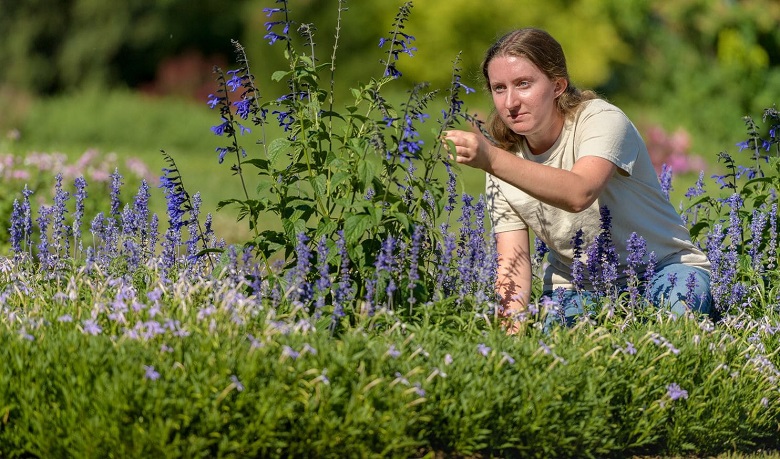Horticulture is the art and science of growing and cultivating plants. This includes flowers, fruits, vegetables, herbs, ornamental trees, and lawns. Professionals in this field have the skills to grow beautiful, healthy plants for both aesthetic and economic purposes. This career can be very rewarding and gratifying.
Many horticulturists also conduct research to understand how plants develop and how to grow them in different conditions. Some work in natural environments studying plant evolution, while others do research in a laboratory setting. Plant geneticists conduct detailed experiments with plants to select plants with desirable traits. This research requires sophisticated techniques and lab equipment.
In the UK, the home garden industry is a PS3200 million industry. Direct plant sales contribute an additional PS1000 million in annual revenue. This sector employs over 90,000 people. It is also an important source of jobs in landscaping and landscape maintenance. In addition, the growing need for sustainable landscape systems is evident. Horticulture will continue to grow in importance.
The history of horticulture goes back to the early days of human settlement. With the development of agriculture, people began to intentionally choose plants for specific purposes. Today, horticulturists work in different settings, overseeing the creation and maintenance of vegetable gardens and flowering plants. These individuals often have a wide range of experience in the field.
A career in horticulture can be very rewarding. The best horticulturists have an appreciation for the outdoors and a deep commitment to all things that grow. They also enjoy working with their hands and are patient enough to wait for the results. Many successful horticulturists also study business as a sideline.
Increasing climate change poses new challenges for horticulturists. Many plants require a particular temperature range in order to flourish. As climate changes, these ideal conditions become rarer and more severe weather events increase. Because of this, horticulturists need to become more adaptable. They must also be prepared to respond quickly to extreme weather events.
Horticulture improves the quality of diet and provides food security. People need diverse diets that provide them with essential nutrients. In addition, horticulture also diversifies diets and makes them more resilient to adverse conditions. It can also increase income for small-scale farmers and improve access to food for poor households.
Increasing awareness and participation in horticulture is essential to its development. It can help improve health and nutrition, increase incomes, and protect the environment. However, it cannot achieve these goals if no one knows about it. By making horticulture education widely accessible, women can help increase productivity and expand the markets for these products.
Growing fruits and vegetables is an important part of diets. These fruits and vegetables can provide essential nutrients that are often deficient. Furthermore, diets lacking in these fruits and vegetables are linked to a number of crippling diseases. Moreover, the production of high-value crops can make horticulture an increasingly profitable activity.




